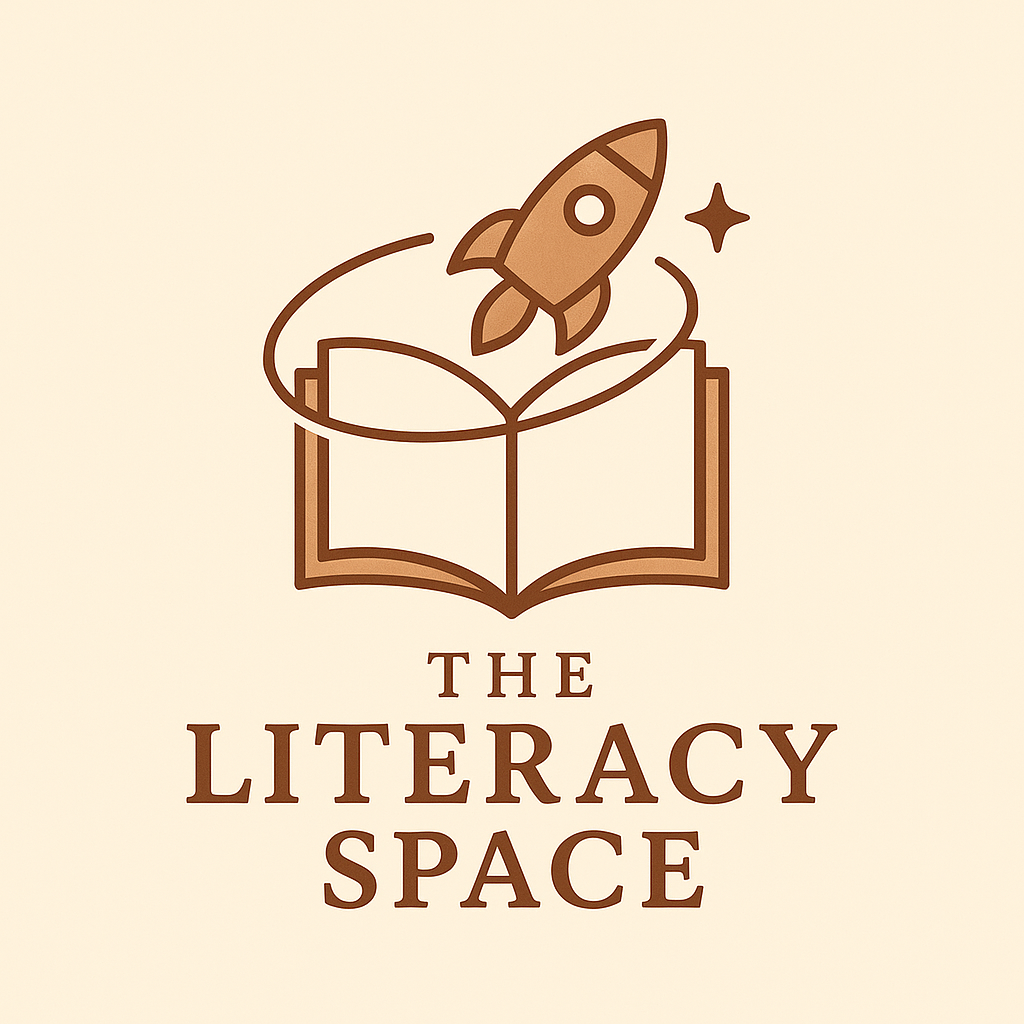Your Questions, Answered.
-
To begin, please use the Contact form on my website. I will then reach out to provide you with more information and to schedule an initial diagnostic assessment for your child.
-
You might have heard from your child's teacher that they have concerns about your child's reading and writing development. Your child may also have received a diagnosis of a language-based learning difference, such as dyslexia, from an educational psychologist.
Alternatively, you may have noticed signs like slow reading, low comprehension, poor spelling, or an avoidance of reading and writing activities at home.
-
A strong body of peer-reviewed research, known as the Science of Reading, demonstrates that a structured literacy approach supports all learners, especially those with neuro-diversities such as dyslexia, dysgraphia, and processing delays. This comprehensive research emphasizes the importance of foundational skills like phonemic awareness, phonics, vocabulary, fluency, and comprehension. These crucial aspects are all taught explicitly and systematically using a structured literacy model, making it highly effective for building strong literacy skills.
-
Yes, several potential funding sources are available to help cover the cost of structured literacy tutoring. For detailed information on grants, home school organization funding, extended benefits, and tax credits, please visit our dedicated Financial Support Resources page.
-
A typical lesson is 55 minutes long and is designed to be engaging and comprehensive, covering various aspects of literacy. Lessons may include:
Visual drills
Auditory drills
Blending exercises
Phonetic word reading and spelling
Sight word reading and spelling
Phonological awareness activities
Phonograms
Spelling and Syllable rules
Alphabet and penmanship practice
Fluency building
Vocabulary and comprehension skills
Writing Composition
-
The diagnostic assessment will evaluate your child’s current phonological awareness, as well as their current knowledge of decoding, encoding, and fluency capabilities. This diagnostic serves as our first session and is typically completed within that initial 55-minute timeframe, though it may occasionally extend partially into the subsequent session.
-
Research indicates that for intensive literacy intervention to be most effective, a minimum of two 55-minute sessions per week is often recommended. We can discuss the optimal frequency for your child's individual needs during our initial consultation.
